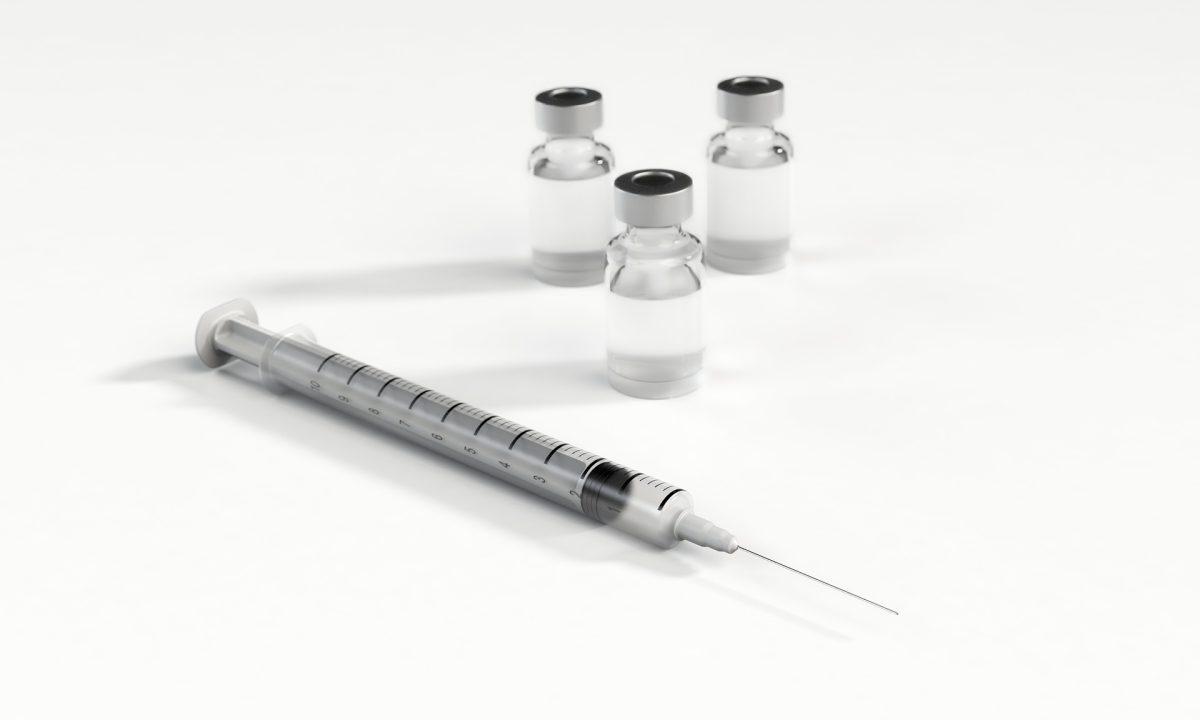With distribution ramping up, the decision on whether or not to get the COVID-19 vaccine is on a lot of students’ minds.
According to the Iowa COVID-19 Vaccine information page, more than one million total doses have been administered as of March 14.
Lauren Sulentic is a first-year student at Drake University studying international business, said she has received both doses of the Moderna vaccine.
“I have increased risk of [catching] COVID because I have asthma,” Sulentic said.
Sulentic said she had an awareness of what the symptoms from the vaccine would be like because she has already had COVID-19.
“The first night was always the worst,” she said. “I started to feel really achy and I could feel myself breaking a fever.”
Sulentic said she experienced temporary side effects after both vaccines, but encourages others to get vaccinated regardless.
“I trust the science behind it,” Sulentic said. “I know that they’re not sure of the long-term side effects but the long-term side effects of COVID scare me more and I think they should scare more people than they do.”
Sulentic said it took her lungs three or four months to recover from COVID-19 but she was fine the day after getting her vaccine.
“[I feel relieved] knowing that I can go see my grandparents for the first time in a year because they just got vaccinated, too,” Sulentic said. “I just want to go back to normal.”
Jared Poortinga is a law, politics, & society and history major at Drake. Unlike Sulentic, he does not want to get the COVID vaccine.
“I have two reasons why I would not like to get it,” Poortinga said. “One, it would be that in most of these vaccines they require embryonic cells to make them and I believe that it is morally wrong.”
Poortinga’s second reason for not wanting the vaccine is because of his age and health.
“I am 20 years old and of relatively good health. I have no pre-existing conditions so far that I know,” Poortinga said. “Being younger, being physically active, I don’t feel myself as someone at imminent risk of possibly dying from COVID-19, or even experiencing extremely severe symptoms.”
According to ABC News, the Pfizer and Moderna vaccines use specialized cells originally derived from aborted fetal tissue in their early lab testing, but not in the vaccines themselves. The new Johnson & Johnson vaccine “uses the cells as part of its existing manufacturing process.”
Ava Ressler is a first year pharmacy student at Drake. She received the Pfizer vaccine, getting her first dose on Dec. 28. She got the vaccine in Chillicothe, Ill.
“I work in a nursing home there so that’s why I got it,” she said.
Similarly to Sulentic, Ressler had the most severe symptoms after her second dose.
“The shot itself was really painless,” Ressler said. “I barely even felt it.”
According to Ressler, the only concern she had was that the long term effects of the vaccine aren’t known but “the pros outweigh the cons.” However, not everyone felt the same.
“I work in the kitchen and I was the only one in the kitchen who got it,” Ressler said. “A lot of them said it wasn’t worth it. But I was like, you work in a nursing home, it’s your job to protect the people who live here.”
Ressler would encourage people to get the vaccine.
“The main thing that people are worried about is the long term effects and they feel like it was rushed,” she said. “But the people who made the vaccine, it’s their literal job to take care of people. Why would they willingly okay the vaccine if it’s going to harm us in the long run?”
According to the Drake COVID-19 Updates, Drake students who have gotten their vaccine should email a scan or photographic proof of their vaccination card to dos@drake.edu as soon as they’ve received their final injection.
Drake is strongly encouraging students to receive the vaccine if and when they qualify.







